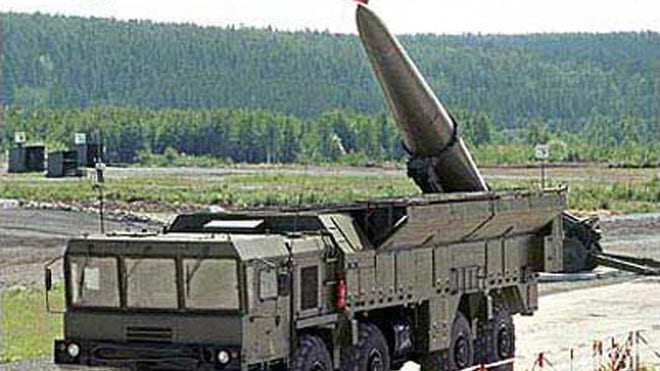ANKARA, (AP) — Turkey’s military on Thursday returned fire after shots were fired at an armored personnel carrier from across the border with .
A military statement said a group of around three to five people from across the border fired up to 15 shots toward the vehicle that was patrolling an area near the , on the frontier. Turkish state-run TRT television said no one was wounded and the military said the group escaped and “disappeared from view” when it fired back.
Turkey has repeatedly struck back at the Syrian military in response to shelling and mortar rounds that landed on its territory since shells from Syria struck a Turkish village in October, killing five people. The incident prompted NATO to send anti-aircraft batteries to the area to protect Turkey.
Thursday’s incident was the first time the military has responded to shots fired from across the border and comes at a time of increased fears that Turkey and other neighbors of Syria are being drawn into the country’s civil war.
Turkey was once a close ally of Syria, but has now turned into one of Syrian President Bashar Assad regime’s harshest critics. It is a key supporter of the Syrian rebels, offering shelter for many senior and lower-ranking defected Syrian soldiers.
Turkey has blamed Syria for a pair of car bombings at the border town of on May 11, which killed 52 people. Syria has denied any involvement.
Israel could swoop on S-300 missiles in Syria, but with risks
Reuters) – Israel could overcome advanced S-300 anti-aircraft missiles if they were deployed in Syria but any strikes on the system would be difficult and risk alienating its supplier, .
Israel has pledged to take preventive action, seeing a future Syrian S-300 as a “game-changing” threat to its own airspace as well as to the relative free rein with which it now overflies its northern foe and neighbouring Lebanon.
Experts agree that sabotage or open force to disrupt delivery by Russia is extremely unlikely – a view seemingly shored up by Syrian President Bashar al-Assad‘s announcement on Thursday that the first missiles had arrived.
That leaves Israel lobbying Moscow to slow down the shipment in hopes it would be overtaken and scrapped if Assad fell to a more than two-year-old rebellion, and in parallel preparing counter-measures to neutralise the S-300 on the ground in Syria.
 Deputy Foreign Minister
Deputy Foreign Minister 


 NOTICE THIS MURDEROUS SCUM BAG IS MAKING A MASONIC V WITH HIS HAND’S
NOTICE THIS MURDEROUS SCUM BAG IS MAKING A MASONIC V WITH HIS HAND’S Nagham, centre, with her father Hassan al-Rifaie and family friend Yusra Omran (David Rose for the Telegraph)
Nagham, centre, with her father Hassan al-Rifaie and family friend Yusra Omran (David Rose for the Telegraph) Destroyed buildings near the Ahrar al-Sham Brigade Headquarters in the centre of Al Raqqa. The base was targeted by a regime airstrike last week (David Rose for the Telegraph)
Destroyed buildings near the Ahrar al-Sham Brigade Headquarters in the centre of Al Raqqa. The base was targeted by a regime airstrike last week (David Rose for the Telegraph)


 This woman is about to be beheaded by hypocrite murdering raping scum bags
This woman is about to be beheaded by hypocrite murdering raping scum bags
